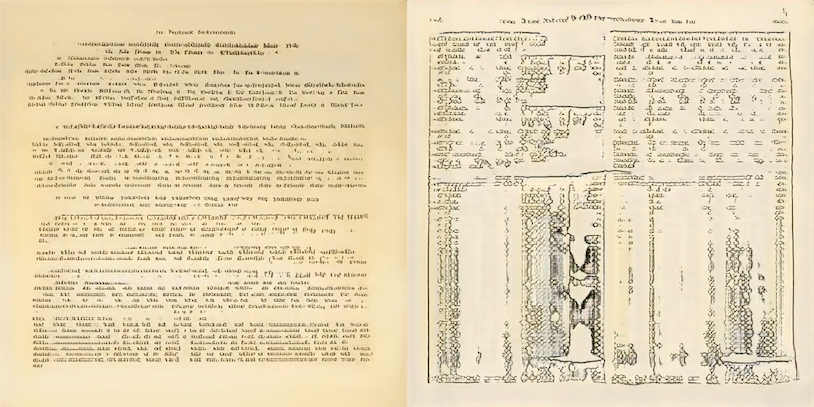Artificial intelligence (AI) is projected to have an outsized impact on the future of work, warfare, education, medicine, and other pillars of civic life. Already today its technological footprint ranges from the banal to the fantastic, from mundane smartphone apps to controversial autonomous weapons and vehicles. Considering this, it is remarkable that historians of science and technology have not yet productively engaged in a sustained critical and comparative inquiry of the past and projected influence of AI. While retired AI researchers have written informed perspectives of the intellectual history of their field (Nilsson 2010, Newell 2000), few scholarly studies have traced the broader socio-technical-colonial powers that AI emerged from and served to mobilise both during and after the field's inception in Cold War-era U.S. Air Force research. Histories of related information technologies by Jon Agar (2003), Paul N. Edwards (1997), and Safiya Umoja Noble (2018) have revealed how powerful actors such as the British Civil Service, U.S. Military, and Google Inc. (respectively) have leveraged such tools to accomplish hidden economic, ideological and political aims. But in 2018, Pamela McCorduck – author of Machines Who Think, a respected personal account of AI's origins – spoke out against the field of AI for dismissing its own history.
DeepZine - Generated Book Pages by Machine Learning by Andrew Beers
This eighteen-month Sawyer Seminar, 'Histories of Artificial Intelligence: A Genealogy of Power' unites an international set of PIs and Organisers to build a sustainable community to interrogate the history of intelligent systems. The aim is to generate new pathways towards understanding the field of AI, conventionally described as beginning with the 1956 Dartmouth Summer Research Project on Artificial Intelligence, which gave it its name. This new community will engage in critical and comparative research, from antiquity to the present, on the historical and cultural sources of contemporary developments in AI technologies to investigate their entanglement in systems of politics, power and control. Four thematic 'threads' animate the work of the Seminar: hidden labour, encoded behaviour, disingenuous rhetoric and cognitive injustice. Each thread relates to an expertise area(s) of our PIs/Organisers and mobilises extant knowledge, but the Seminar provides a unique interdisciplinary opportunity to uncover histories of AI guided by their mutual imbrication.

